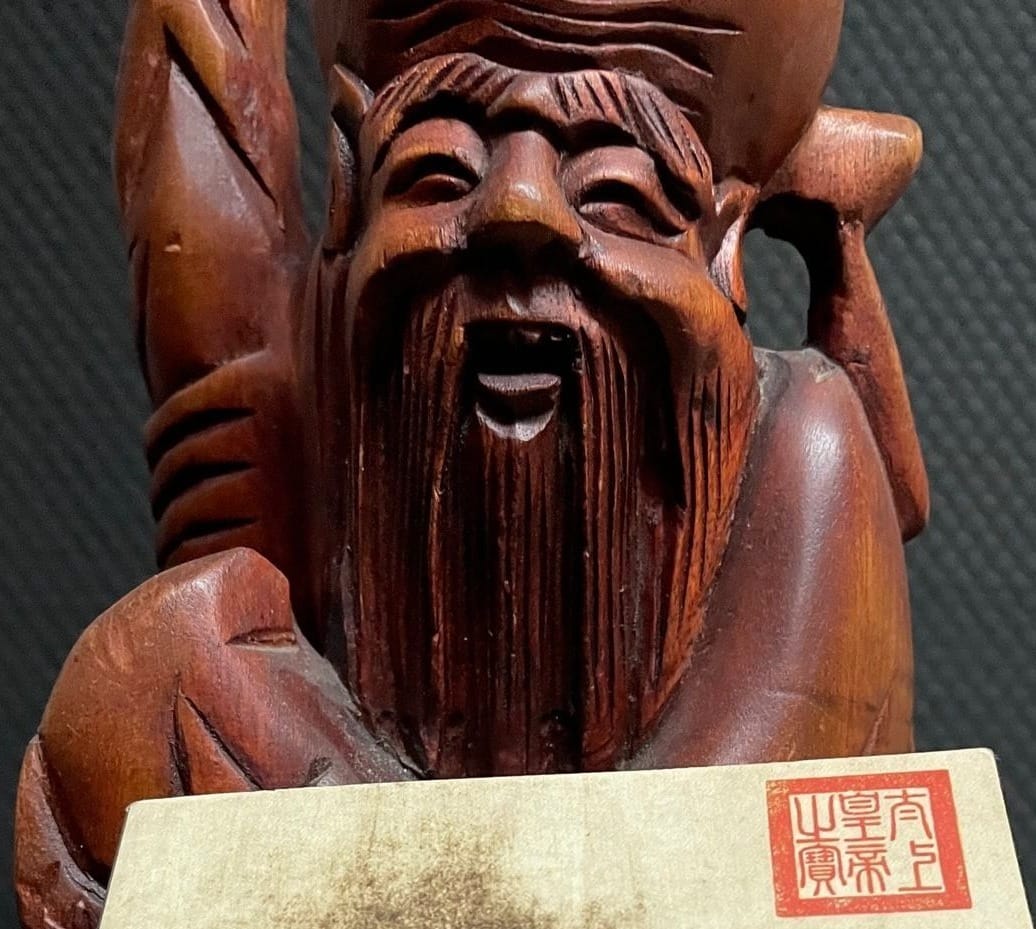The Shire: Land of the Tao . . . and of Solid Right Hemispheres
Tao Teh Ching, Chapter 57

The Shire at this time had hardly any 'government.' Families for the most part managed their own affairs. Growing food and eating it occupied most of their time. In other matters they were, as a rule, generous and not greedy, but contented and moderate . . . J.R.R. Tolkien's Prologue, The Fellowship of the Ring.
The left hemisphere grasps and manipulates. Hobbits don't have that propensity. Neither do elves. Among the free peoples, dwarves probably have the most renegade left hemisphere (i.e., relatively weakest right hemisphere), while hobbits and elves keep their right hemispheres in the master role.
The result? A land like the Shire, which didn't require much government.
A society of robust left hemispheres? It requires strong government, the kind that appeals to left-hemisphere individuals, who gain office and then further implement a left-hemispheric agenda, which then furthers the left hemisphere's disposition in society, which then requires yet stronger government, and on and on it goes.
The more laws and restrictions there are, The poorer people become.
The sharper men’s weapons, The more trouble in the land.
The more ingenious and clever men are, The more strange things happen.
The more rules and regulations, The more thieves and robbers.
Therefore the sage says:
I take no action and people are reformed.
I enjoy peace and people become honest.
I do nothing and the people become rich.
I have no desires and people return to the good and simple life.
Tao Teh Ching, Chp. 57, Gia-Fu Feng and Jane English translation (Vintage, 1972).
